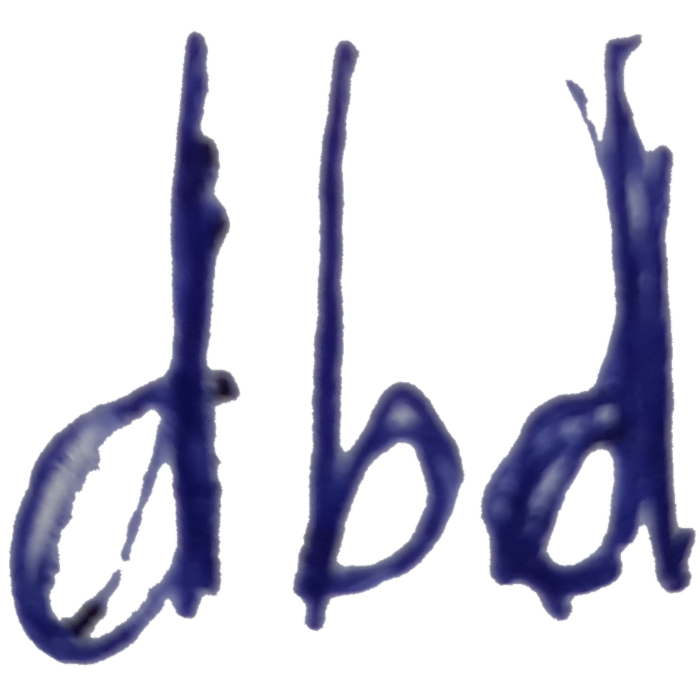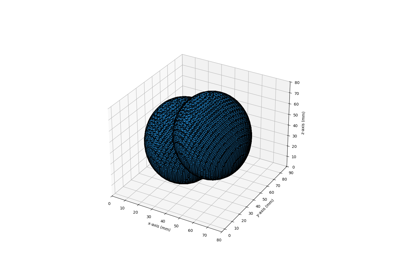dbdicom.extensions.vreg.rotate#
- dbdicom.extensions.vreg.rotate(series: Series, parameters: ndarray, reshape=False, output_shape: tuple | None = None, output_affine: ndarray | None = None, mode='constant', **kwargs) Series[source]#
Rotate a series in 3D
- Parameters:
series (dbdicom.Series) – Series containing the volume to be rotated.
parameters (np.ndarray) – 3-element numpy array with values of the rotation vector. The vectors are defined in the absolute (scanner) reference frame in units of mm.
reshape (bool, optional) – if True, the array size and affine will be adjusted to contain the complete rotate data. If False, the original array size and affine is retained. Defaults to True.
output_shape (tuple, optional) – determines the shape of the result. If not provided, the shape of the original (reshape=False) or reshaped array (reshape=True) is used. Defaults to False.
output_affine (ndarray, optional) – determines the affine of the result. If not provided, the affine of the original (reshape=False) or reshaped array (reshape=True) is used. Defaults to None.
mode (str, optional) – Determines how the input array is extended beyond its boundaries. See scipy.ndimage.map_coordinates for more detail. Defaults to constant = 0.
kwargs – List of optionional arguments specifying valid DICOM (keyword = value) pairs.
- Raises:
ValueError – If the moving series contains multiple slice groups with different orentations.
ValueError – If the array to be moved is empty.
- Returns:
Sibling dbdicom series in the same study, containing the rotated volume.
- Return type:
dbdicom.Series

